Frederica Freyberg:
The cost of long-term care in Wisconsin eats up 40% of the state’s Medicaid budget. The program provides health services for more than 75,000 people in Wisconsin each month at an annual cost of nearly $3 billion. And just for nursing home care, Medicaid pays for more than 17,000 people every month, costing nearly a billion dollars a year. Now, to trim some of those costs the two-year state budget included provisions to get more of the money back after a person has died.
This week the legislature’s Budget Routing Committee approved expanded estate recovery, including all property held by the person at death, even that held in trust. The new rules would allow the state to reclaim property of the Medicaid recipient that is included in the estate of the surviving spouse upon that person’s death. The expansion also limits the ability of the surviving spouse to transfer assets, including farms or businesses, to their children for example, at less than market value. Now the budget provision is expected to save the state $10.5 million over two years. Joint finance voted ten to six to authorize the Department of Health Services to implement the state recovery expansion. West Bend Republican representative, Pat Strachota voted in favor, and she joins us now in West Bend. Representative, thank you very much for doing so.
Patricia Strachota:
Thanks for having me. I appreciate it.
Frederica Freyberg:
What is the purpose of these estate recovery expansions?
Patricia Strachota:
Well, it's to allow the program to be– I think to have a much longer-term sustainability in the state of Wisconsin. I think the state looked at these programs and– As other states have looked at these programs also. And we looked at areas that we felt could be fair to all taxpayers in our state of Wisconsin to find out if there were areas that were sort of loopholes that individuals were using to, I guess, to divest their interest prior to going into long-term care. So what the department did in the budget was to do some reforms in order to make sure that the state is able to collect those assets that they’re able to collect in order to pay for some of these long-term care services that individuals are able to get in the state of Wisconsin. What it does is just makes sure that the Medicaid program is going to be for those individuals that truly are in need of the Medicaid program as its written, and that any of the– If there were loopholes, or just to clarify exactly what an individual can and cannot have as assets or as dollars in order to qualify for the program.
Frederica Freyberg:
So is the thought really kind of that people who can pay for this long-term care are scamming the system?
Patricia Strachota:
Well, not scamming the system. I think, you know, there are rules that have been set up. And I wouldn't say that they were scamming it. They were probably utilizing all those tools that were out there. And what we’re finding is that things have changed since this program was enacted, and more people are using living wills and other different mechanisms. And so the state, or the Department of Health services, wrote these policies in order to make it clear that what individuals can and cannot have as their assets in order to be eligible for the program. And also to make sure that Medicaid is the payer of last resorts. That’s how it was set up, and that how, I think, some these reforms clarify that Medicaid should be the payer of last resort.
Frederica Freyberg:
What kind of shelters or divestments do the new rules aim to curtail?
Patricia Strachota:
I would say– I wouldn’t say that they curtail– It’s just to make sure that the program and that the Department of Health Services has the tools to really look at those individuals that are asking to qualify for Medicaid. And to make sure that under the scenario that the state has set up with the Medicaid program that they are able to look at the whole picture of, you know, of what their estate may have. And then if they are able to, to pay for those long-term care services, then they wouldn’t have to qualify, then they wouldn’t qualify. But if there are assets that they have, that those should be used first and to pay for that long-term care.
Frederica Freyberg:
What do you say to families, though, who will have to potentially sell the home, farm, or business of their parents to pay back the state for long-term care bills?
Patricia Strachota:
I would say that that’s not really what this provision is going to do. There are– The department is not allowed to collect real property that is necessary for the livelihood of the heirs, and this includes businesses and small farms. So I think there is misinformation out there regarding what is this going to really do to those individuals. Farming and agriculture is a huge part of Wisconsin’s economy and I don’t think this was set up, ever, to try to not allow individuals to pass on the family farm if they’re using it for their livelihood.
Frederica Freyberg:
Okay.
Patricia Strachota:
I don't think that was
Frederica Freyberg:
We need to leave it there, but thank you for that clarifying point. Representative Strachota, thank you.
Patricia Strachota:
Yep
Search Episodes

Donate to sign up. Activate and sign in to Passport. It's that easy to help PBS Wisconsin serve your community through media that educates, inspires, and entertains.
Make your membership gift today
Only for new users: Activate Passport using your code or email address
Already a member?
Look up my account
Need some help? Go to FAQ or visit PBS Passport Help
Need help accessing PBS Wisconsin anywhere?

Online Access | Platform & Device Access | Cable or Satellite Access | Over-The-Air Access
Visit Access Guide
Need help accessing PBS Wisconsin anywhere?

Visit Our
Live TV Access Guide
Online AccessPlatform & Device Access
Cable or Satellite Access
Over-The-Air Access
Visit Access Guide
 Passport
Passport



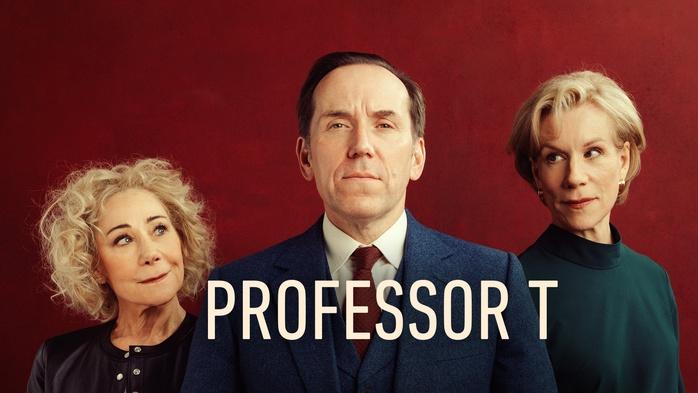

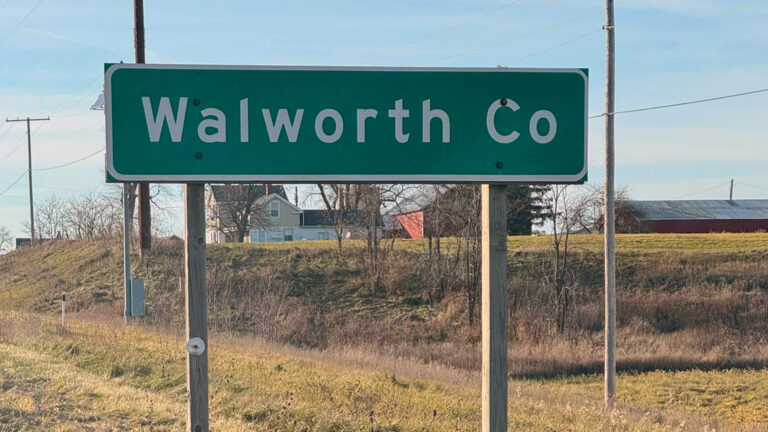
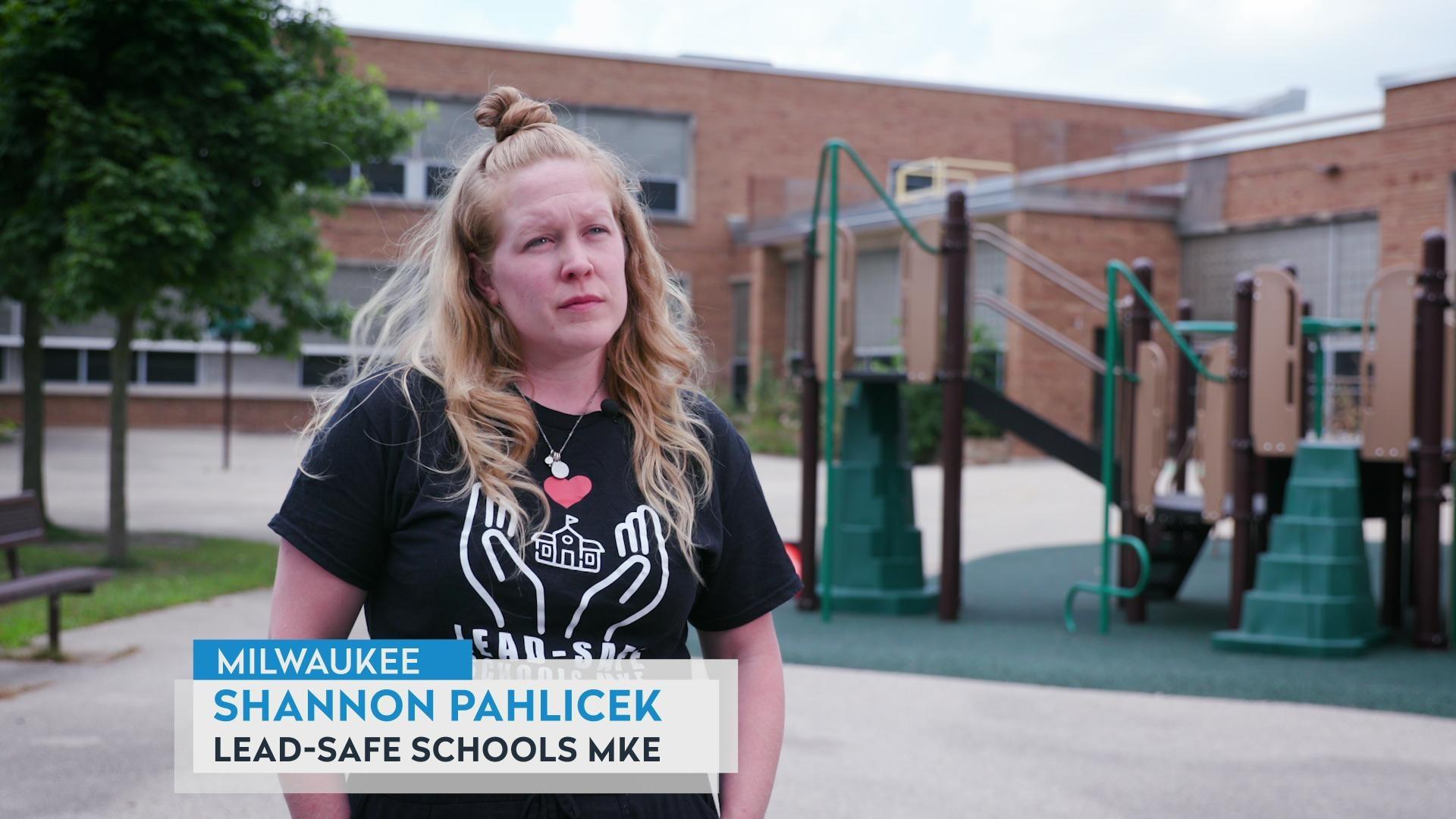
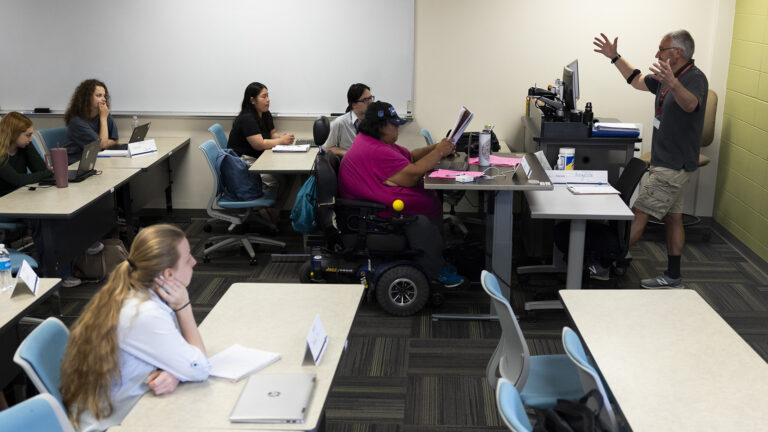
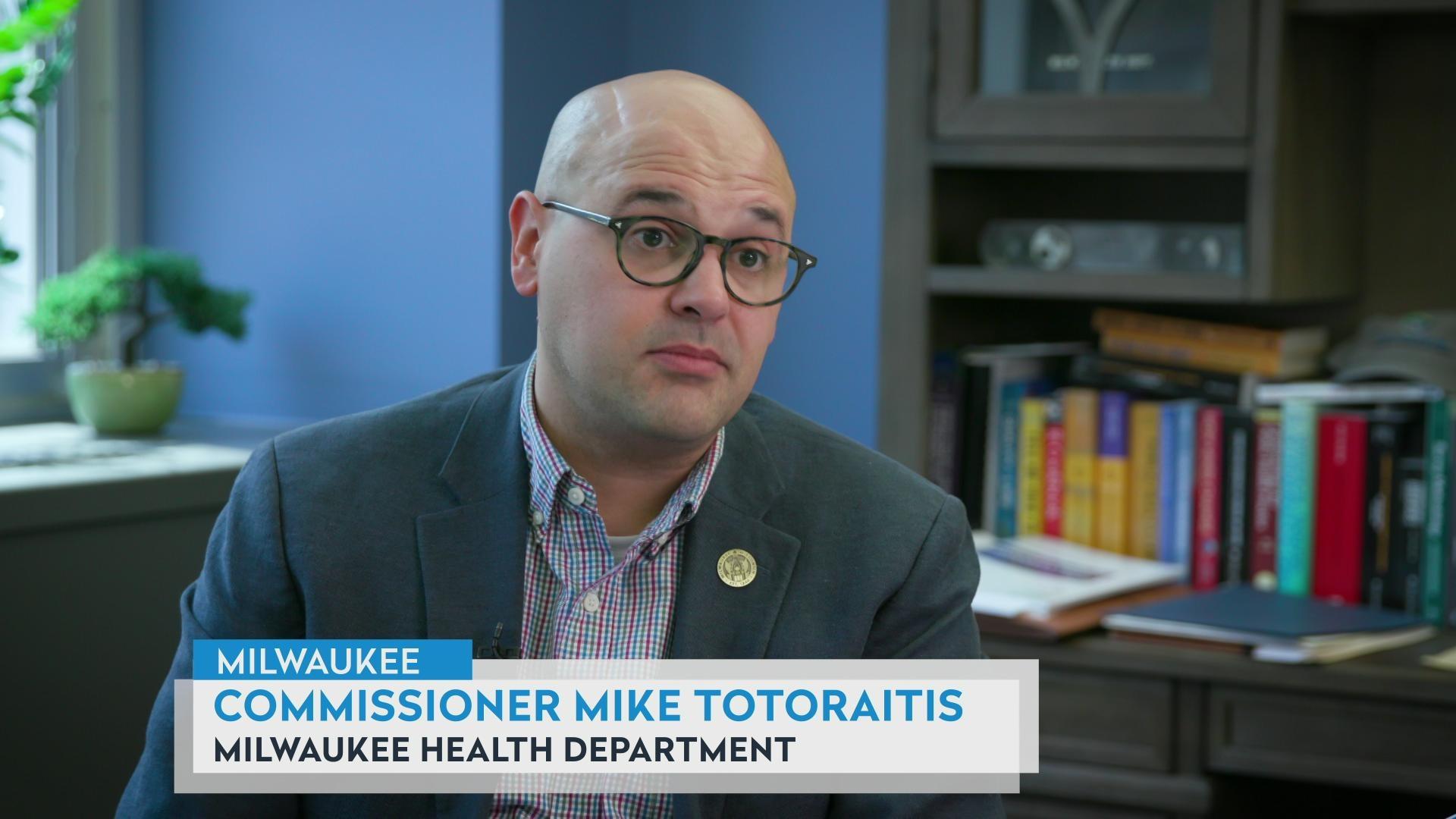
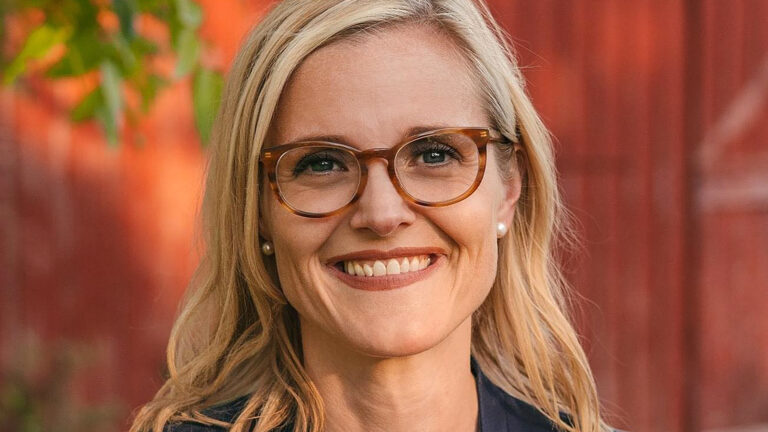
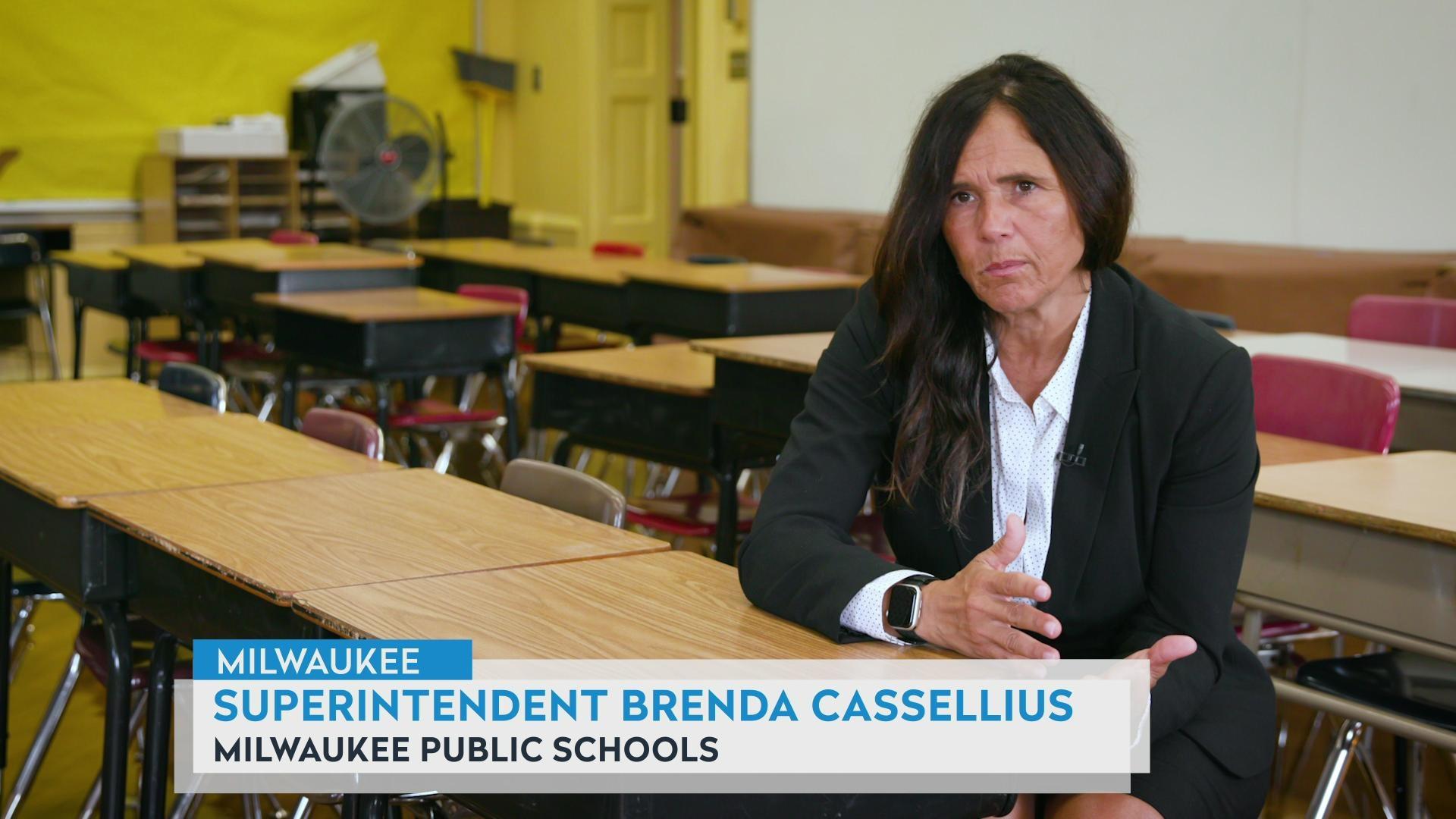
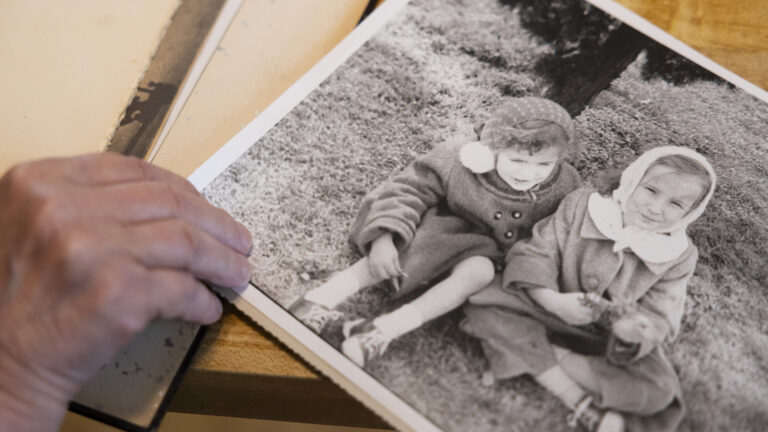
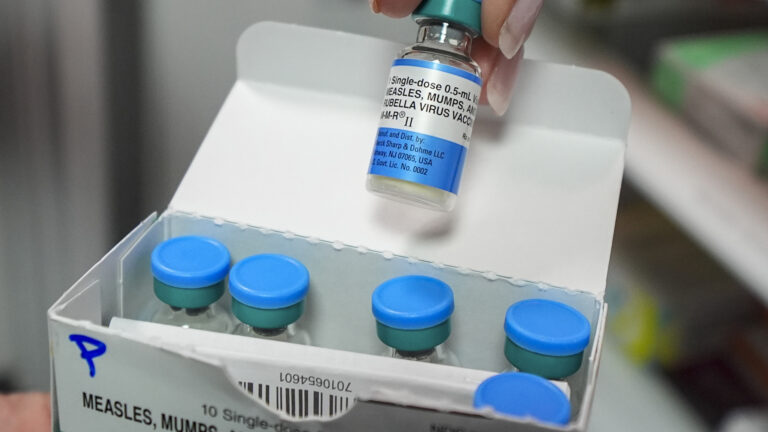
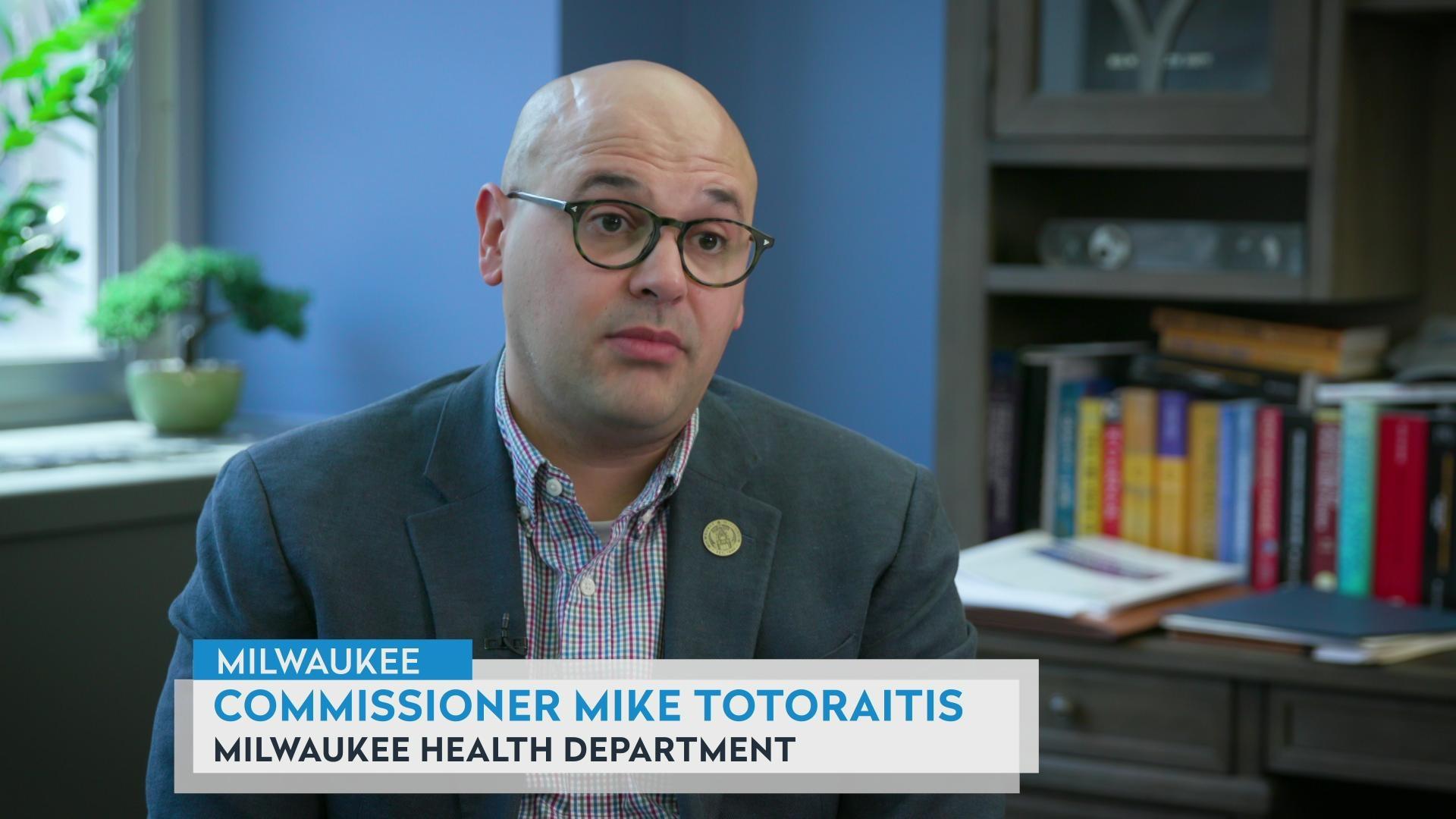
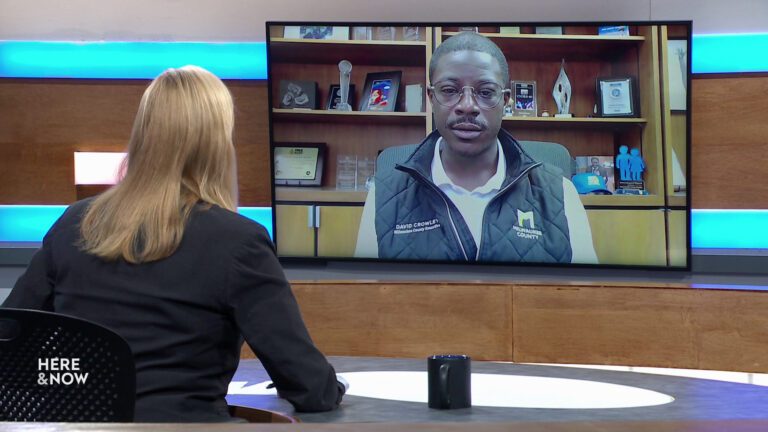
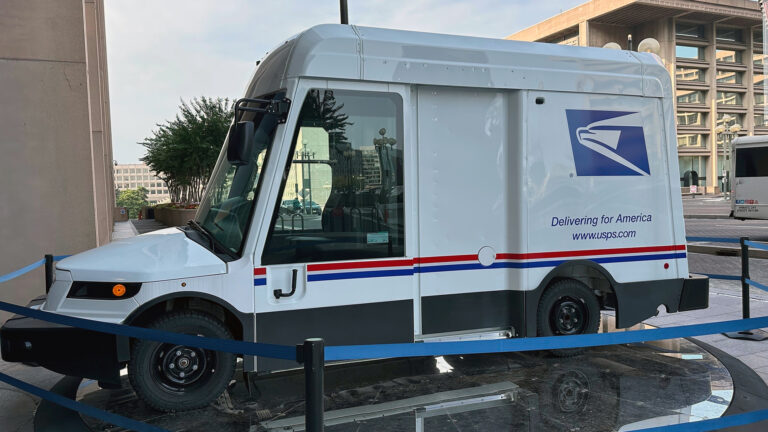
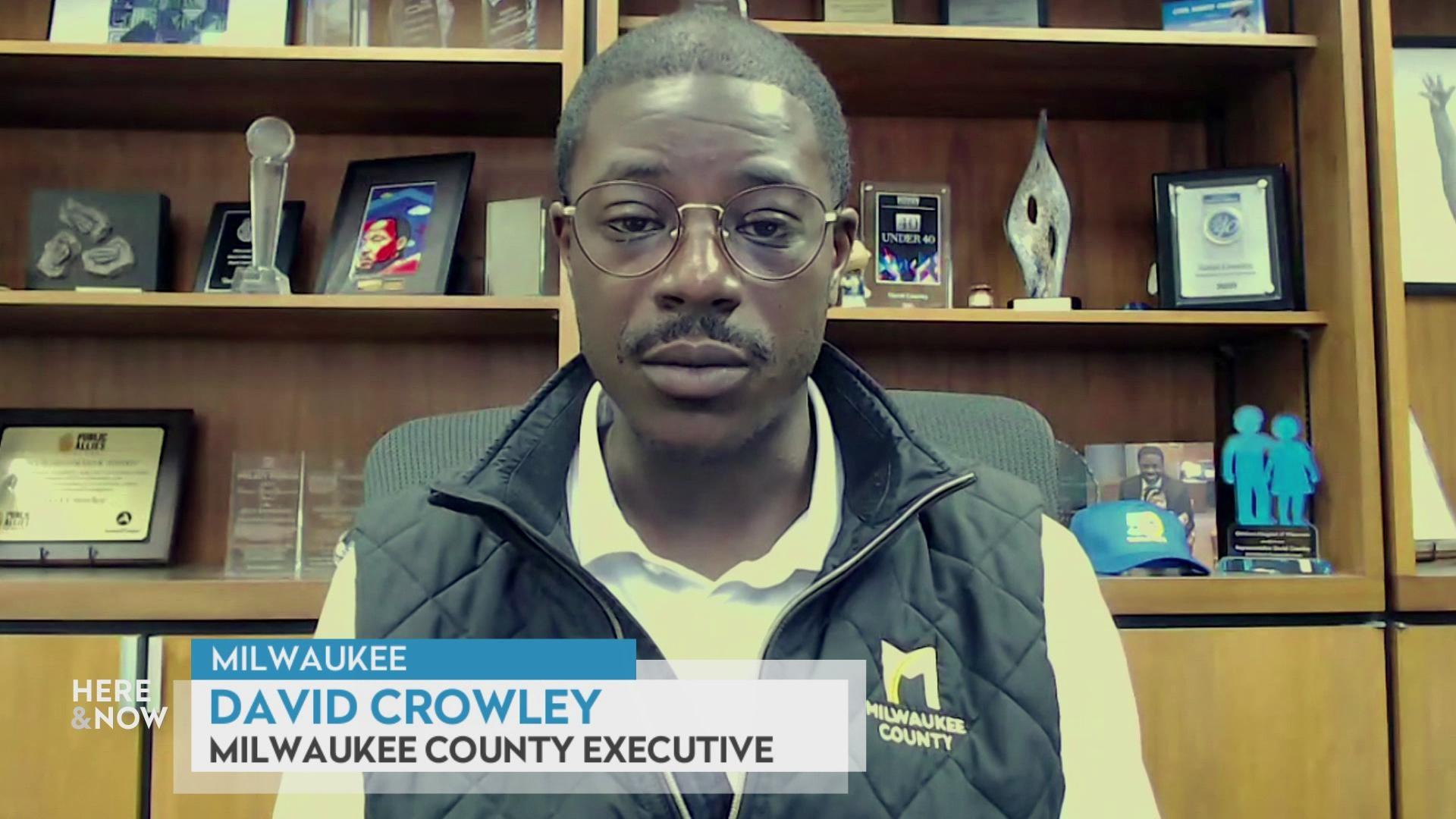

Follow Us